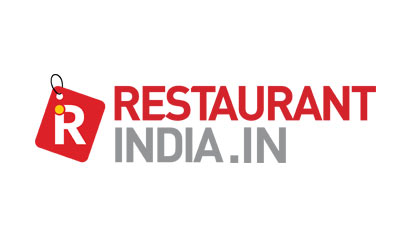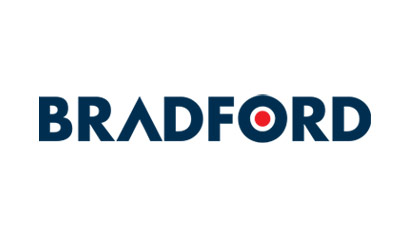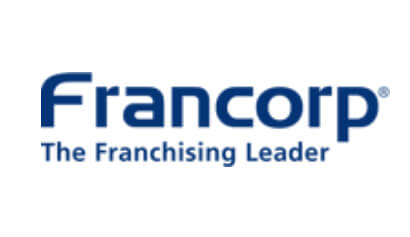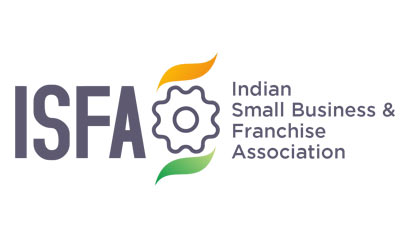To get access to over 10000+ Franchise Business Opportunities.
Network with the growing Business Community to get expert interventions to let you learn to Grow & Expand your Business with Franchising.
Jumboking’s regional favourite vadapav has been accepted well in Hyderabad, Delhi and Bengaluru.
With 103+ outlets spanning more than 15 cities, Jumboking’s Dheeraj Gupta, Founder And MD, now has set his eyes on tapping the biggest share in the QSR market and helping to build more Indian QSR brands.
Consequently, today, to tap the potential of this market in future, an increasing number of organised players are now focusing on building national brands with a pan-India presence across major cities.
Support ecosystem, such as third party logistics providers, which transport the produce and food products from source to destination have also emerged. Yes, like every industry, the Indian restaurant industry has its own share of challenges. It is “overtaxed and overlicensed.” There's a parallel hawker set-up and the unorganised industry that doesn't pay taxes.
Start of the story
Jumboking is just the beginning of an organised restaurant industry revolution that Dheeraj Gupta, Founder & MD, Jumboking, has in mind. Indian food brands have now begun to believe in themselves. They feel that if a vadapav brand is thinking 1000 stores why not us. And Gupta is helping them. While he steers Jumboking to become a national brand, Gupta represents a breed that understands the dynamics of the restaurant industry in India.
Every food entrepreneur he meets is going through the same learning curve, making similar mistakes and he feels the need to help them. Says Gupta, “I had little help while I was building my brand because we were the first ones to sell vadapav in organised way. There are so many critical pieces like format, market segmentation, real estate strategy, supply chain strategy, product development and menu expansion strategy. We had to figure things out along the way.”
Dheeraj is now using his insights and operational expertise to mentor other restaurant brands to scale up. He believes that from vadapav to biryani to chaats, each segment is a winner in itself, with different strengths and different leverages, across India to start with. “Vadapav is a favourite not just in Mumbai, but in Pune, Hyderabad, Bengaluru and Delhi as well. Likewise, people in Chennai have a taste for chole bhature,” says Gupta.
His company has a new tagline, #dilhaidesi, as Gupta believes that food unites a country like few other things do.
The future of QSRs in India
The National Restaurant Association of India (NRAI) and management consultancy firm Technopak, have said that the Indian restaurant industry is projected to swell to Rs 408,040 crore ($78 billion) by 2018 at a compounded annual growth rate (CAGR) of 11 per cent. Although predominantly concentrated in the unorganised space, with the advent of foreign and Indian restaurant chains, the organised market is likely to expand quite rapidly.
Food expenditure constitutes the majority of our consumption basket and with an increasing young population, eating out will only grow. Among the youth, eating out is the most favoured activity besides hanging out with friends. Amongst the various segments within the restaurant sector, Quick Service Restaurants (QSRs) and Casual Dining Restaurants (CDRs) constitute the largest categories combined they constitute more than 77% of the overall market. Currently, QSR market has about 42% share in the India food and beverage industry.
QSR has remained a key segment of the Indian food service market and has grown over the years. A number of QSR chains have flocked into India over the past few years with specific cuisines and product offerings fuelling the market growth.
From metros and mini-metros, QSR brands are now expanding into smaller cities with smaller formats. The overall market for QSR is estimated to be around INR 92,000 crore and is estimated to grow at an annual rate of 16%. Indian entrepreneurs will capitalise on the opportunity and it is likely for more organised chains to emerge in the next decade.
Says Dheeraj, “The opportunity is immense. I am setting aside some time, to invest in other food entrepreneurs, and shorten the long drawn process any food entrepreneur would go through, to learn the ropes. We can now build food brands in 1/4th the time that I took, to build Jumboking.”
Navin Gupta, a senior ex-HSBC banker, who has worked across many countries, and has known Dheeraj for over 20 years says, “The big venture capitalists now need to zero in on Indian food and invest in experts like Dheeraj Gupta to set up the next billion dollar brick and mortar businesses in the country. His experience and understanding of the restaurant industry is invaluable.”
Some of the key issues marring the industry include:
= Lack of quality infrastructure
= Shortage of skilled manpower
= Increasing real estate cost
= The large number of licenses required and the lead time to obtain them
= Tax incidence
Increasing awareness helps consumers in choosing brands and that's where Jumboking scores very high. It has built a following among the youth, who are on the move.
In the words of marketing expert Seth Godin, “A brand is the set of expectations, memories, stories and relationships that, taken together, account for a consumer's decision to choose one product or service over another. If the consumer doesn't pay a premium, make a selection or spread the word, then no brand value exists for that consumer. Just as it takes more than a hat to be a cowboy, it takes more than a designer prattling on about texture to make a brand. If you've never heard of it, if you wouldn't choose it, if you don't recommend it, then there is no brand, at least not for you.”
With a strong first mover advantage, and fantastic recall, Jumboking has now inspired several QSRs across formats; from pure-play franchising to company owned stores to variations in licensing. QSR brands of Indian origin, although much younger than the established foreign brands, are growing much faster due to better acceptance by Indian consumers and also better localisation of tastes and preferences.
This is where Jumboking has found its niche. And now, with this learning applied to other models, we may just have a food conglomerate in the making.


Business Opportunities
Browse By Investment Range
Browse By States
Popular Cities















